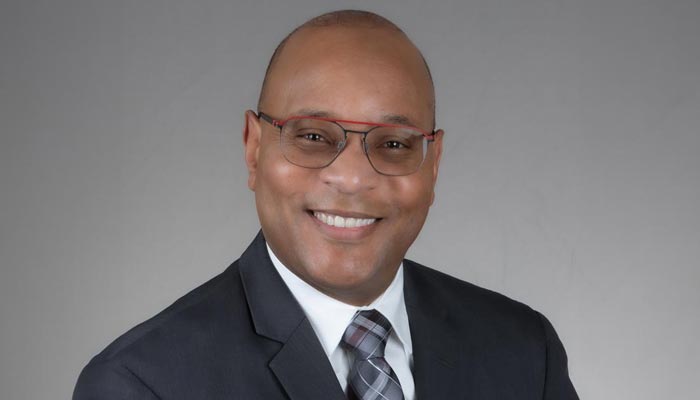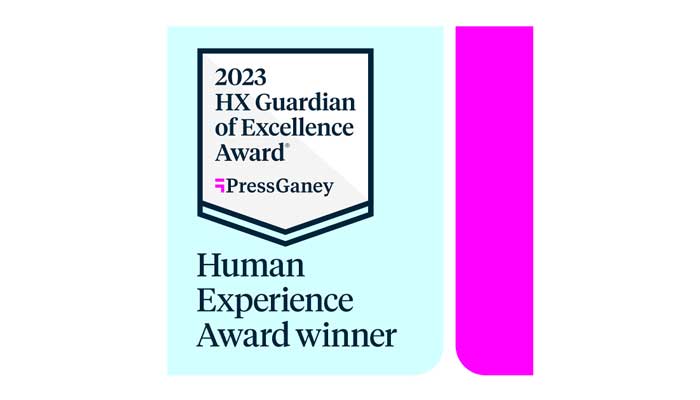Talbott medical director plays special role in NFL’s substance use program
 Dr. Navjyot Bedi, the medical director and a senior addiction psychiatrist at Talbott Recovery in Atlanta, was recently named National Psychiatrist for the National Football League’s Substances of Abuse Program.
Dr. Navjyot Bedi, the medical director and a senior addiction psychiatrist at Talbott Recovery in Atlanta, was recently named National Psychiatrist for the National Football League’s Substances of Abuse Program.
Bedi’s role includes consultation, case management, treatment planning and input on substance use policy, as well as meeting with players. It’s crucial for a business that by its nature puts an intense spotlight and pressure on young adult men, while also providing excellent pay and fame, but with a very small window of opportunity (the average NFL career is less than 4 years long) and a significant risk of lasting injury. It can be a potent recipe for anxiety and addiction, with a locker-room culture where “weakness is not advertised,” he says.
Bedi, who has been at Talbott since 2006, sees the work as a logical extension of a successful Professionals Program he helped to launch that began with a focus on people in “safety-sensitive” occupations — doctors, dentists, nurses and airline pilots — and later broadened to include others, including lawyers and business executives.
Quote: In many ways this work with the NFL spins up on that notion that these are people whose employment is being impacted by their drug use.
Dr. Navjyot Bedi
Medical Director and Senior Addiction Psychiatrist, Talbott Recovery
“In many ways this work with the NFL spins up on that notion that these are people whose employment is being impacted by their drug use,” he says.
Bedi says the work occurs mostly in the offseason. The most-common substances used are cannabis and alcohol, then opioids, followed by stimulants, such as cocaine and amphetamines. Opioids, he says, can be a result of players trying to manage injury and pain so they can stay on the field and in the league.
“We are dealing with young men, outside of Tom Brady … and they have this real awareness that their career is going to be 2, 4, 6 years, and then they’ll be done,” he says. “They’ve got these 2-3 years and there’s this desire to hide the disease and not seek help for it. All those things come because they know they have a finite time and need to stay healthy.”
A Football Fan
Bedi is a football fan, something he picked up over the years as he moved to the United States from India in pursuit of advanced degrees and a professional career, to Philadelphia, then Chicago and finally Atlanta, for a position at Emory University. He has an Eagles banner in his Talbott office and knows the game.
But he hides this part of himself when meeting in person with players referred to him by the league, a relationship that began informally 4 years ago.
“I act like I'm this person from another country who doesn't even understand football,” he says with a laugh, before turning serious. “What I like to do is I create a place of safety in this office.
“I don't care who you are on the field, let's talk about the human being in the room. I want to bring out the story of the person and their struggles. All too often they're treated like they’re celebrities, but that's all fake in the sense that the disease doesn't care, and if you really want to help someone, you’ve got to be blind to all of that facade and say, ‘Who are you as a real person?’“
Bedi expects the players to leave some of the mental protection that is necessary on the field at the door, too.
“It's very important to sort of do a uniform-ectomy outside my door,” he says. “I don't care who you play for. I don't care what position you play. I'm interested in you.”
“I actually like the young men and their stories. They remind me of [military] veterans, who are my favorite population to work with,” Bedi says. “They are young, healthy individuals, but they have injuries. They are coming back with things that happened on the front and they all have an amazing story. I like going behind that story sometimes to heal the 13-year-old.”
‘Recovery is about growth’
The biggest satisfactions, he says, are seeing men at risk of spiraling into a life of addiction make changes and thrive. While not able to name names, Bedi told the story of a young man with a substance use issue who entered the program. He said the player was awkward socially but had an “endearing humanity,” put in the work on his recovery, returned to the league and had success.
“The reason he did well was he didn’t get sober so that he could play, he got sober so that he could live and he just happened to become an even better player,” Bedi said. “Recovery is about growth, and that's really the thing, you know, that applies to pilots, that applies to physicians. If you get sober because the medical board or the FAA will give your license back, you only get that.
“But if you say I want to get sober because I would like me better, I want to grow, I want to be the father, the husband that I want to be, and when you do that and check those boxes and you put that horse before that cart, then that's the better recovery.”









